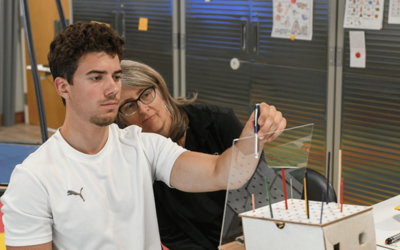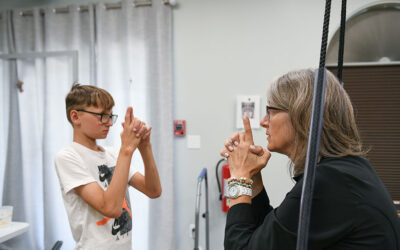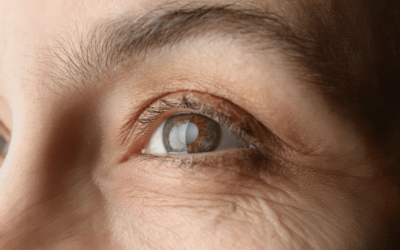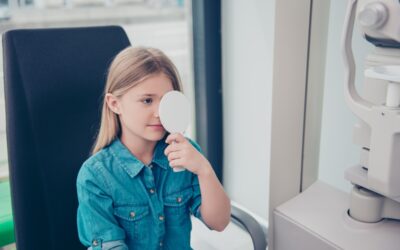excellence in eye care
Blog
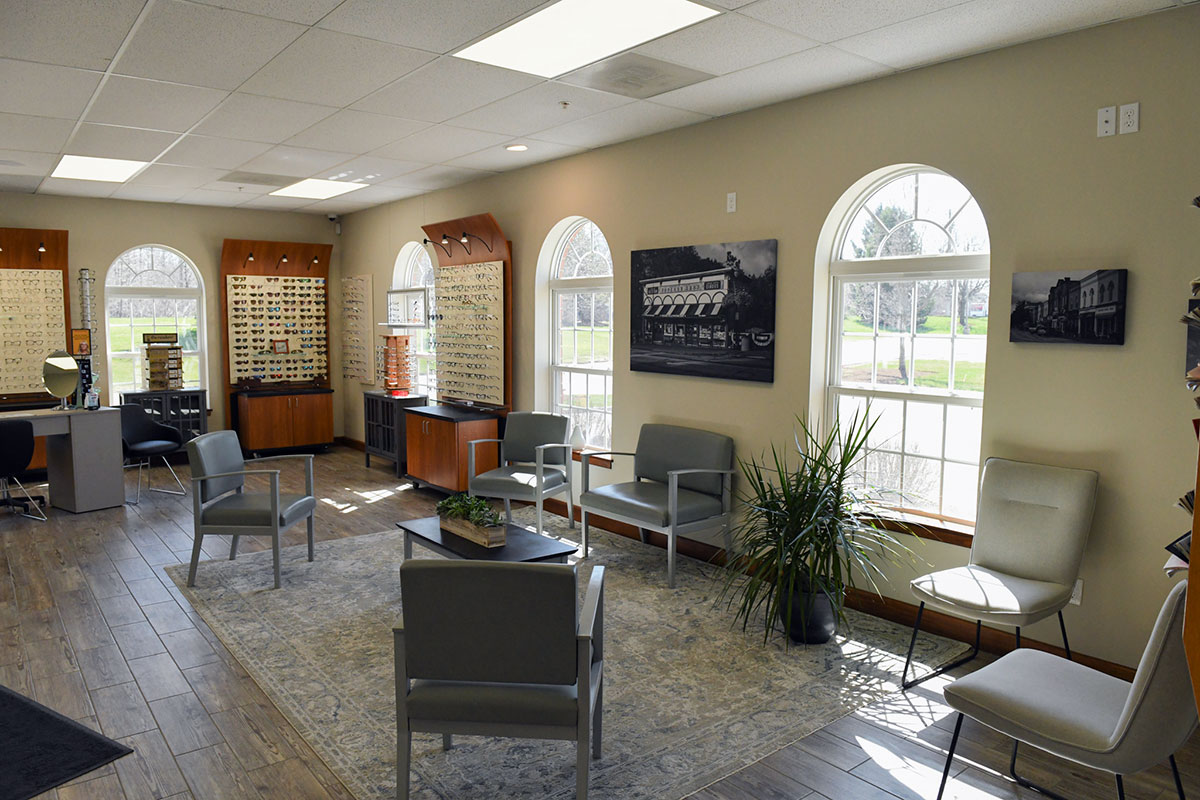
excellence in eye care
Blog
Can Vision Therapy Treat a Learning Disability?
When most people think about vision therapy, they may picture glasses or contact lenses to help with blurry vision. However, vision therapy is a...
How Long Does It Take for Vision Therapy to Work?
If you or your child has started vision therapy, you’re probably wondering how long it’ll take to see results. Every person’s eyes and visual system...
How to Improve Your Vision for Sports
Athletes are always looking for ways to get ahead of the competition. While they spend countless hours on physical training and strategy, there's...
Vision Therapy for Kids in Chagrin Falls
When a child struggles with schoolwork or everyday activities, it might not always be due to a lack of effort or interest. Instead, undiagnosed...
Use Your Vision Benefits Before the Year Ends
As the year draws to a close, many people are reflecting on the past year and planning for the future. While this time of year is often focused on...
How Do I Know When I Need Cataract Surgery?
Vision problems are more common as you get older, and cataracts are one of the most frequent issues people face. A cataract is a cloudy area in the...
How Sports Vision Training Can Make You a Better Athlete
Whether you're a weekend warrior or a professional athlete, you need good vision to succeed. It’s not just about seeing clearly; it’s about how your...
Why Is It Important to Start Myopia Management Early?
If your little one is squinting at the board at school or struggling with blurry vision, they might be dealing with myopia or nearsightedness....
Back-to-School Eye Exams: Why School Vision Screenings Aren’t Enough
As summer comes to an end and children get ready for another school year, it’s crucial to ensure they are ready in every way—including their vision...


